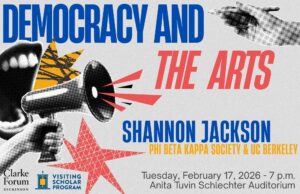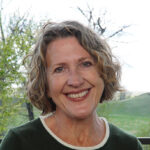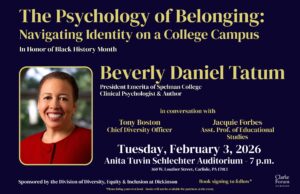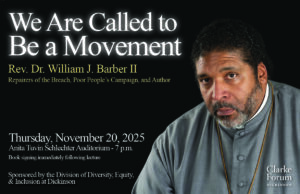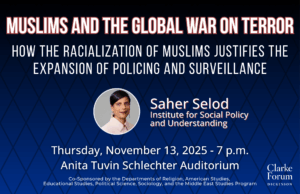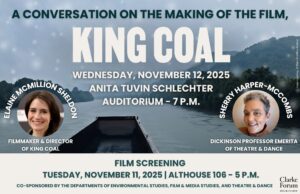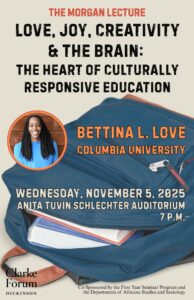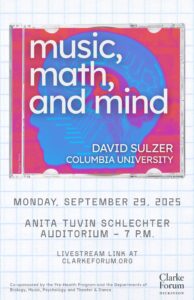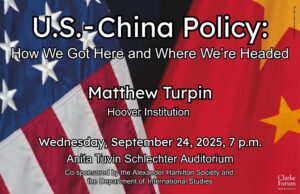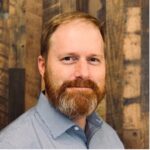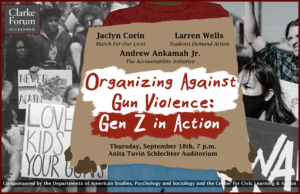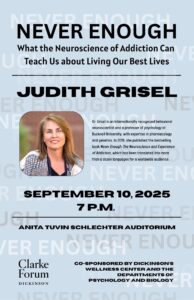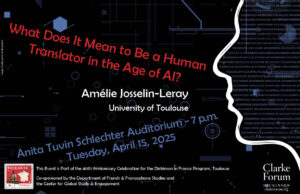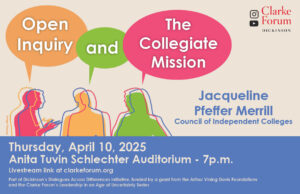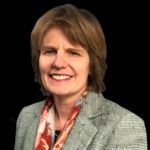Thursday, April 23, 2026
Anita Tuvin Schlechter Auditorium, 7 p.m.
The Power of Language: How Knowing More Than One Language Transforms the Mind and Society
Viorica Marian, Sundin Endowed Professor of Communication and Psychology at Northwestern University
Bilingualism and multilingualism are the norm rather than the exception in the world. Yet historically, scientific research has focused disproportionately on monolingual speakers as the standard. For an accurate understanding of the mind, we must recognize the brain’s ability to accommodate multiple symbolic systems simultaneously as the signal, rather than the noise, in human experience.
In this talk, I will present evidence that bilingualism reshapes cognitive architecture. My research integrates behavioral, neuroimaging, cognitive, and computational methods to capture the continuous parallel activation and interaction of multiple languages in the brain and their consequences for cognitive function, from perceptual processes to higher-order thinking. Behavioral methods such as eye-tracking and mouse-tracking reveal that bilinguals’ eye movements drift toward objects whose names overlap across languages, and that hand movements and decision-making veer toward alternatives activated by another language. Neuroimaging shows that managing multiple languages is like a workout for the brain and reshapes neural connections, leading to measurable structural and functional adaptations.
The consequences are evident across the lifespan. In Read more

